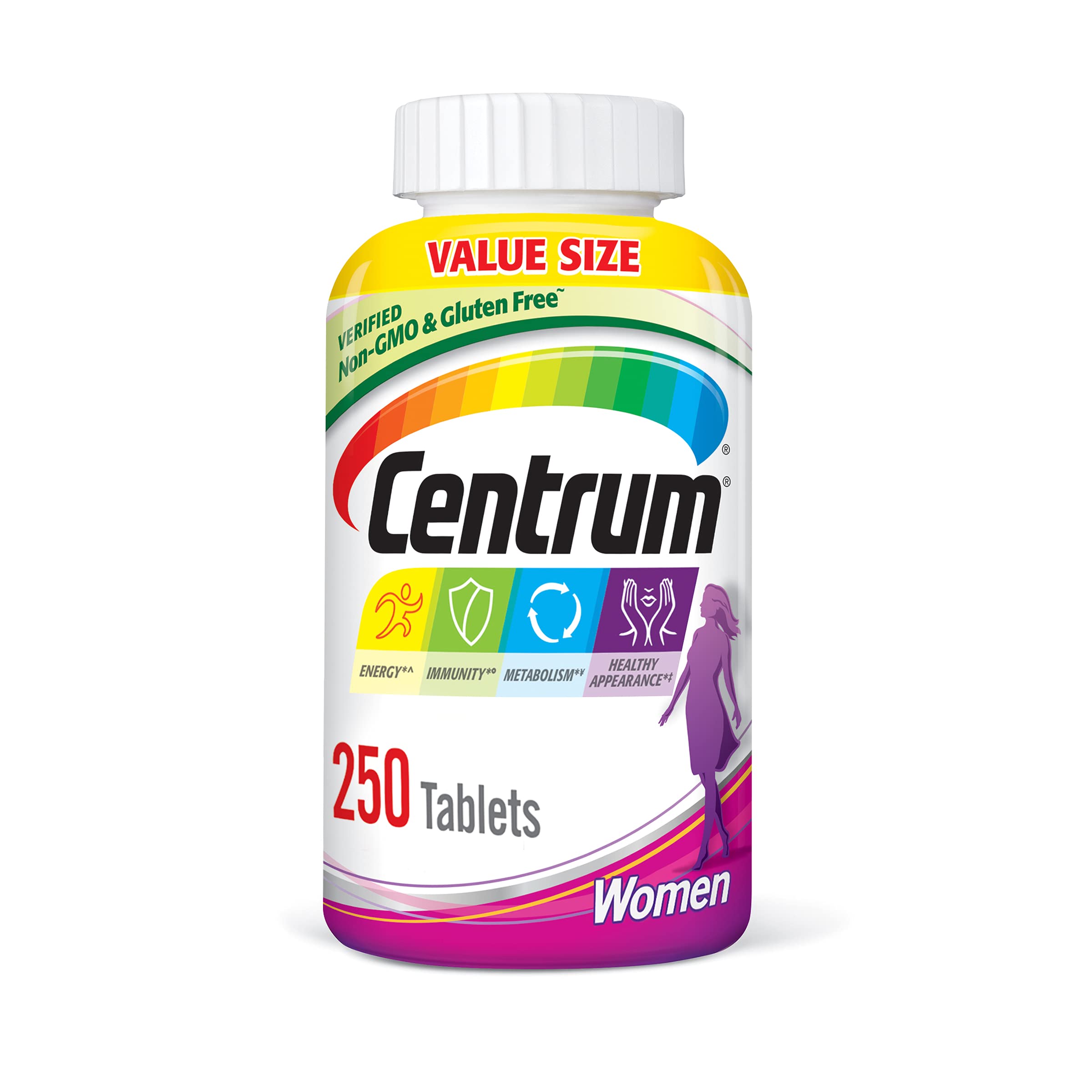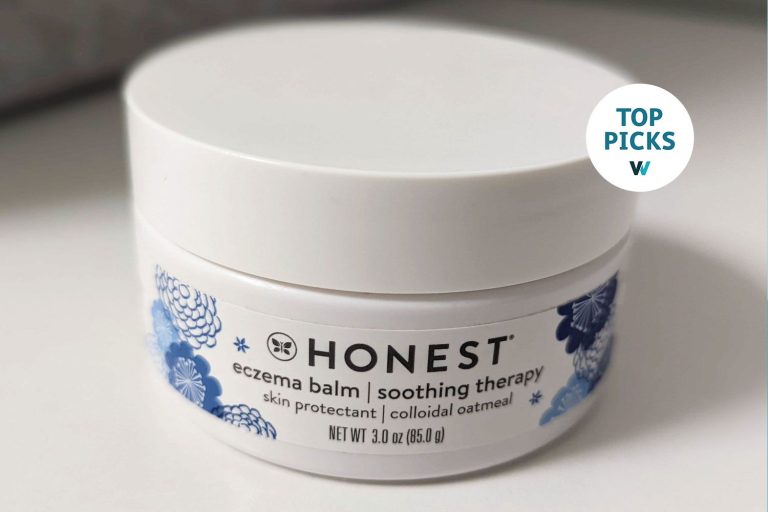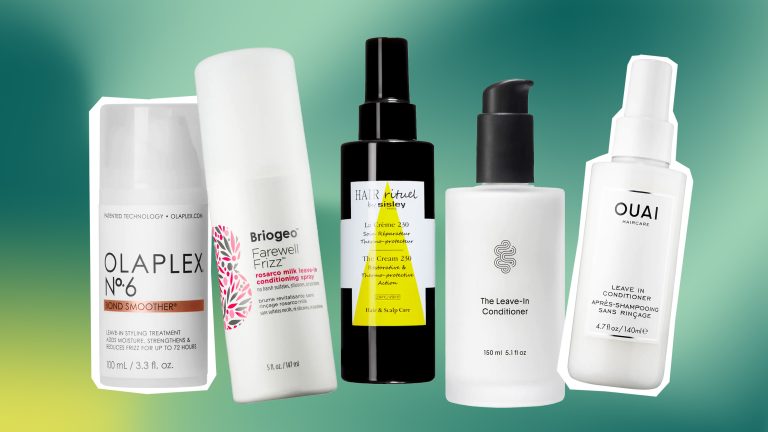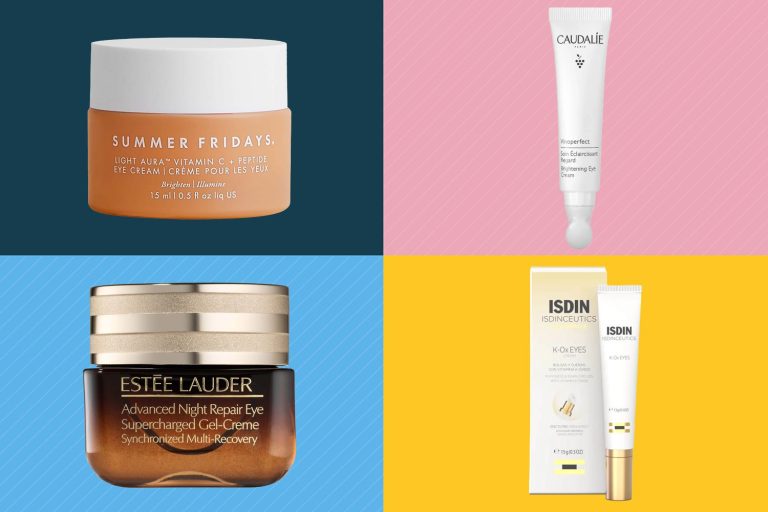9 Best Women Vitamins for Optimal Health and Wellness
Navigating the world of vitamins can feel overwhelming, especially with so many options tailored specifically for women. Your body requires a unique balance of nutrients to maintain optimal health, and the right vitamins can make all the difference. Whether you’re looking to boost your energy, support your immune system, or enhance your overall well-being, choosing the best supplements is crucial.
In this guide, you’ll discover the 9 best women’s vitamins that cater to a variety of health needs. From essential multivitamins to specialized supplements, we’ve got you covered. Let’s dive into the top picks that can help you achieve your health goals and feel your best every day.
Vitamin A for Skin and Vision Health
Vitamin A plays a crucial role in maintaining your skin and vision health. It’s a key nutrient you shouldn’t overlook.
Benefits of Vitamin A for Women
Improves Skin Health: Vitamin A helps reduce wrinkles, acne, and other skin issues. It promotes cell growth and repair.
Enhances Vision: Vitamin A maintains proper vision and prevents night blindness. Carotenoids, like beta-carotene, help convert to Vitamin A in your body.
Supports Immune System: Vitamin A boosts your immune system, making you less prone to infections. It helps maintain healthy mucous membranes.
Recommended Daily Amount of Vitamin A
For Women: The recommended daily intake is 700 micrograms of retinol activity equivalents (RAE). Be sure to balance between dietary sources and supplements.
Sources: You can find Vitamin A in foods like sweet potatoes, carrots, spinach, and liver. Consider a multivitamin if you’re falling short on these foods.
Avoid Overconsumption: Too much can lead to toxicity, causing liver damage and other health issues. Stick to the recommended amounts for optimal benefits.
Vitamin B Complex for Energy and Metabolism
B vitamins play a crucial role in converting food into energy. This group supports your metabolism, making it essential for maintaining daily vitality.
Exploring the Types of B Vitamins
There are eight B vitamins, each serving a unique function. Vitamin B1 (Thiamine) helps convert carbohydrates into energy. Vitamin B2 (Riboflavin) supports energy production and cell function. Vitamin B3 (Niacin) aids in the digestive system, skin, and nerves. Vitamin B5 (Pantothenic Acid) is necessary for making blood cells and converting food into energy. Vitamin B6 (Pyridoxine) supports brain health and red blood cell production. Vitamin B7 (Biotin) helps with the health of your hair, skin, and nails. Vitamin B9 (Folate) is vital for DNA synthesis and repair. Vitamin B12 (Cobalamin) is crucial for nerve function and the production of DNA.
The Significance of B Vitamins for Women’s Health
Maintaining adequate levels of B vitamins is particularly important for women. They help with hormone regulation and reduce the risk of birth defects. Pregnant or breastfeeding women need more B vitamins, especially B9 (Folate) and B12 (Cobalamin). B6 can alleviate symptoms of premenstrual syndrome (PMS). B7 enhances hair and nail health. Deficiencies in these vitamins can lead to fatigue, mood swings, and anemia, making daily intake essential for overall well-being.
Vitamin C for Immune Support and Healing
Vitamin C is essential for immune function and healing processes. This powerful antioxidant helps protect your body from infections and promotes tissue repair.
How Vitamin C Boosts Immunity
Vitamin C strengthens your immune system by stimulating the production of white blood cells. These cells play a crucial role in defending against infections. It also enhances the function of phagocytes, which are immune cells responsible for engulfing harmful invaders. According to a study by the National Institutes of Health, regular intake of Vitamin C can reduce the duration and severity of colds (Li & Schellhorn, 2007).
The Impact of Vitamin C on Skin Health
Vitamin C promotes collagen production, vital for skin elasticity and firmness. Collagen helps heal wounds and maintains skin integrity. Additionally, Vitamin C’s antioxidant properties protect your skin from damage caused by free radicals and UV exposure. A study in the American Journal of Clinical Nutrition found that higher Vitamin C intake was associated with a lower likelihood of wrinkled and dry skin (Cosgrove et al., 2007).
- Li, Y., & Schellhorn, H. E. (2007). New developments and novel therapeutic perspectives for vitamin C. The Journal of Nutrition, 137(10), 2171-2184.
- Cosgrove, M. C., Franco, O. H., Granger, S. P., Murray, P. G., & Mayes, A. E. (2007). Dietary nutrient intakes and skin-aging appearance among middle-aged American women. The American Journal of Clinical Nutrition, 86(4), 1225-1231.
Vitamin D for Bone Strength and Immune Function
Vitamin D is essential for maintaining strong bones and a robust immune system.
The Role of Vitamin D in Women’s Health
Vitamin D facilitates calcium absorption, which is crucial for bone health. Without enough Vitamin D, your bones can become thin and brittle. It’s especially important for women, who are at higher risk for osteoporosis. Additionally, Vitamin D plays a critical role in modulating the immune response, helping your body ward off infections.
Sources and Recommended Intake of Vitamin D
You can get Vitamin D from sun exposure, foods, and supplements. Foods rich in Vitamin D include fatty fish (like salmon and mackerel), fortified dairy products, and egg yolks. The Recommended Dietary Allowance (RDA) for women is 600 IU (International Units) per day, increasing to 800 IU for those over 70. If you’re not getting enough Vitamin D from sunlight and food, consider taking a supplement to meet your daily needs.
Vitamin E for Antioxidant Protection
Vitamin E plays a critical role in protecting your cells from damage caused by free radicals. It’s known for its antioxidant properties and benefits that extend far beyond skin care.
Understanding the Antioxidant Properties of Vitamin E
Vitamin E acts as a powerful antioxidant. It neutralizes free radicals that can harm cells, proteins, and DNA. Regular intake can help reduce oxidative stress, which is linked to aging and various diseases. Sources rich in Vitamin E include nuts, seeds, and green leafy vegetables.
Vitamin E’s Benefits Beyond Skin Care
Vitamin E offers several health benefits. It supports immune function, aids in cell function, and boosts eye health. Studies suggest it may reduce the risk of heart disease by preventing oxidative damage to LDL cholesterol. It also plays a role in reducing the symptoms of PMS and improving liver function.
Vitamin K for Blood Clotting and Bone Metabolism
Vitamin K plays a crucial role in two essential bodily functions: blood clotting and bone metabolism. Ensuring you get enough Vitamin K can help maintain these critical systems.
The Importance of Vitamin K
Vitamin K is vital for synthesizing proteins involved in blood clotting. Without adequate levels, you could experience excessive bleeding even from minor injuries. This vitamin also aids in bone metabolism by helping bind calcium, supporting overall bone health, and reducing fracture risk.
Natural Sources of Vitamin K
You can find Vitamin K in a variety of foods. Leafy greens like spinach, kale, and broccoli are excellent sources. Other foods rich in Vitamin K include Brussels sprouts, cabbage, and fish. Incorporating these into your diet can help you meet your daily requirements for this important vitamin.
Calcium for Strong Bones and Teeth
Why Calcium is Crucial for Women
Calcium is essential for women’s bone health. It supports the structural integrity of bones and teeth, reducing the risk of osteoporosis as you age. Adequate calcium intake also aids nerve transmission, muscle function, and hormonal secretion. Women’s bone density decreases with age, and calcium helps mitigate this loss.
Ideal Sources of Calcium in Diet
You can find calcium in various food sources. Dairy products like milk, cheese, and yogurt are rich in calcium. Leafy greens such as kale and broccoli, and fish like sardines and salmon also provide good amounts of this nutrient. Fortified foods, including certain cereals and plant-based milks, offer additional options to ensure you get enough calcium daily.
Iron to Prevent Anemia and Increase Energy
Iron is crucial for women’s health, playing a significant role in preventing anemia and boosting energy levels. Ensuring you get enough iron can help you stay active and maintain overall well-being.
The Connection Between Iron and Women’s Health
Iron is essential for producing hemoglobin, a protein in red blood cells that carries oxygen throughout your body. Women are particularly prone to iron deficiency due to menstruation, pregnancy, and childbirth. Without enough iron, you may experience fatigue, dizziness, and shortness of breath. According to the Centers for Disease Control and Prevention (CDC), nearly 10% of women are iron deficient. It’s vital to monitor your iron levels and adjust your intake accordingly.
Tips for Incorporating More Iron into Your Diet
Incorporate iron-rich foods into your meals to prevent deficiency. Include red meat, poultry, and fish, which are excellent sources of heme iron, easily absorbed by the body. Vegetarian options like lentils, beans, and spinach are rich in non-heme iron, which is better absorbed when paired with vitamin C-rich foods like oranges, strawberries, and bell peppers. Cooking in cast iron pans can also boost your iron intake. Consider iron supplements if you struggle to meet your needs through diet alone, but consult your healthcare provider first.
Folic Acid for Reproductive Health and Cellular Growth
Folic acid, also known as Vitamin B9, is crucial for women’s reproductive health and cellular growth. It’s particularly important during pregnancy and for overall cellular function.
The Critical Role of Folic Acid During Pregnancy
Folic acid is vital for preventing neural tube defects in unborn babies. These defects affect the brain and spine and can occur in the first few weeks of pregnancy, often before a woman even knows she’s pregnant. Ensuring adequate folic acid intake can significantly reduce the risk of these defects. The Centers for Disease Control and Prevention (CDC) recommend that all women of reproductive age take 400 micrograms (mcg) of folic acid daily to support early fetal development.
Daily Recommendations and Sources of Folic Acid
The recommended daily intake of folic acid for adult women is 400 to 600 mcg. Pregnant women need the higher end of this range to support healthy fetal development. You can find folic acid in fortified foods like cereals, bread, and pasta. Natural sources include leafy green vegetables, citrus fruits, beans, and peas. Including a variety of these foods in your diet helps ensure you get enough folic acid. You might also consider taking a supplement, especially if you are planning for or are already pregnant, to meet your daily requirements effectively.
Conclusion on 9 Best Women’s Vitamins
Choosing the right vitamins and minerals is crucial for maintaining your overall health and well-being. By understanding the specific benefits of each nutrient, you can make informed decisions that support your unique health needs. Whether it’s for boosting your immune system, enhancing your skin, or ensuring a healthy pregnancy, the right vitamins can make a significant difference.
Don’t forget the importance of a balanced diet alongside supplements to meet your nutritional needs. Always consult with a healthcare professional before starting any new vitamin regimen to tailor it to your individual requirements. Prioritize your health by incorporating these essential vitamins into your daily routine.






